Fellowships
We are happy to be able to support Latin American research in the epistemology of Religion. In 2019, after an extremely competitive process, we offered “Research and Mentoring Fellowships” two 5 scholars at both the MA, PhD, and Post-Doc levels. In 2020, after another competitive process, we offered “Research Grants” to 24 scholars of all levels. These grants were created in response to the global pandemic and our inability to carry on with our original plans. In 2021, as we continue to wait for suitable conditions for international travel, we will offer “Continuation Grants” to those scholars whose research has proven most fruitful.
2019 Fellowships | 2020 Research Grants | 2021 Continuation Grants
2019 Fellowships:

Adriana Piza (USP, Brasil)
Research Fellow at the Rutgers Center for the Philosophy of Religion
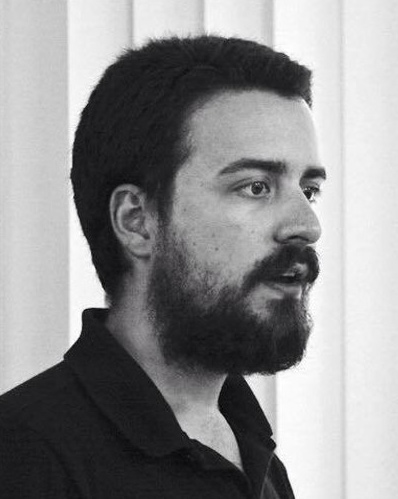
José Eduardo Porcher (FAJE, Brazil)
Research Fellow at the Rutgers Center for the Philosophy of Religion
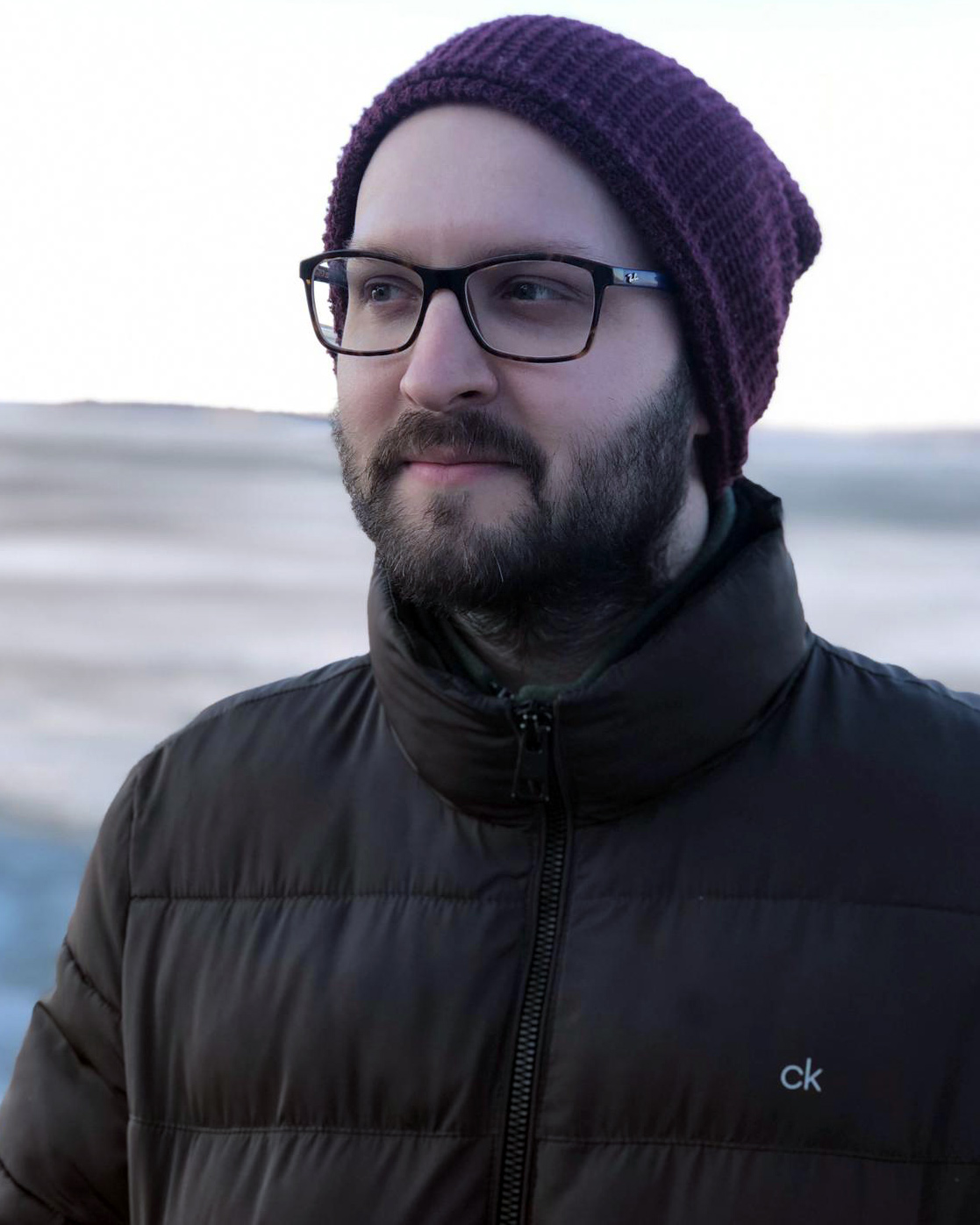
André Neiva (PUC-RS, Brasil)
Mentoring Fellow at Purdue University (with Paul Draper)
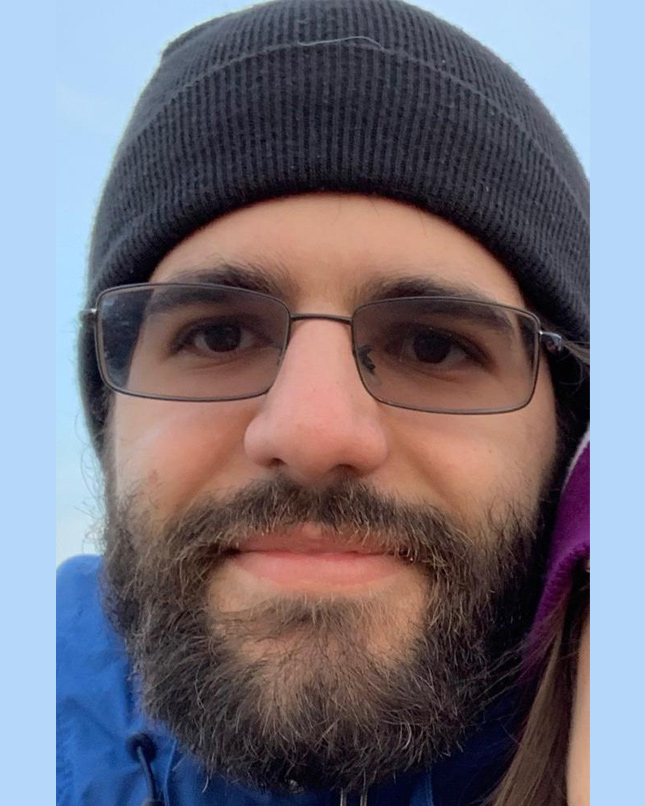
Felipe Medeiros (PUC-RS, Brasil)
Mentoring Fellow at the College of William and Mary (with Chris Tucker)
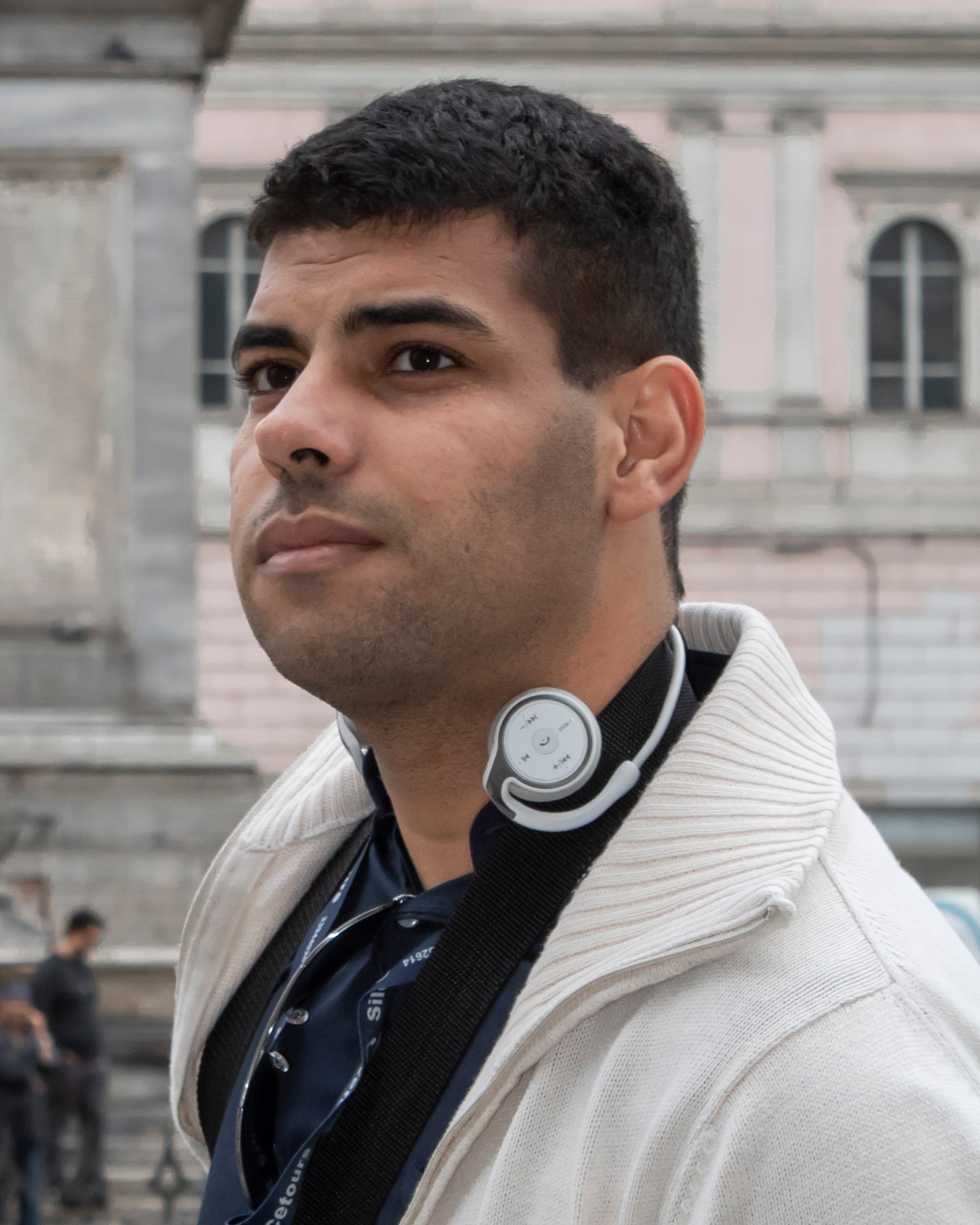
Francisco de Assis (UFPB, Brasil)
Mentoring Fellow at Boston College (with Daniel McKaughan
2020 Research Grants:
Mid-Career Participants
(Professors and Researchers)
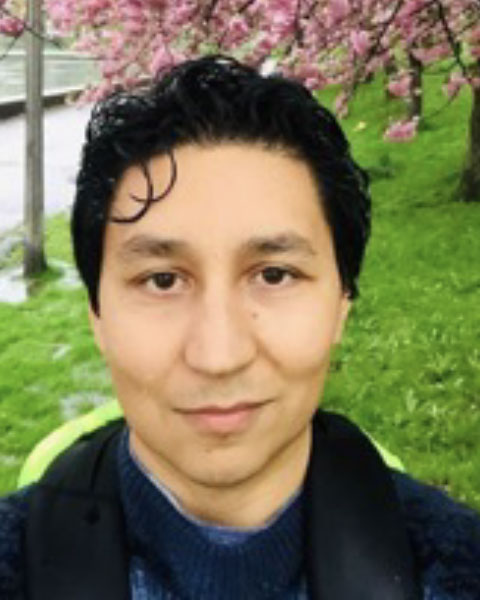
Rafael Miranda Rojas – Professor at Universidad Católica del Maule (Chile)
Project Title: Intuitions, Evidentialism and Skeptical Theism
Abstract: “My project evaluates the link between skeptical theism, the evidential problem of evil, and the role of intuitions as a case of sui generis a priori epistemic access. The aim is achieving a moderate and empirically informed rationalist analysis of what is understood as evidence regarding the possible (and probable in some readings) non-existence of God. I also discuss the methodological and epistemic scope of arguing that a skeptical thesis or a skeptical position (such as skeptical theism) is held to be false or true strictu sensu.”
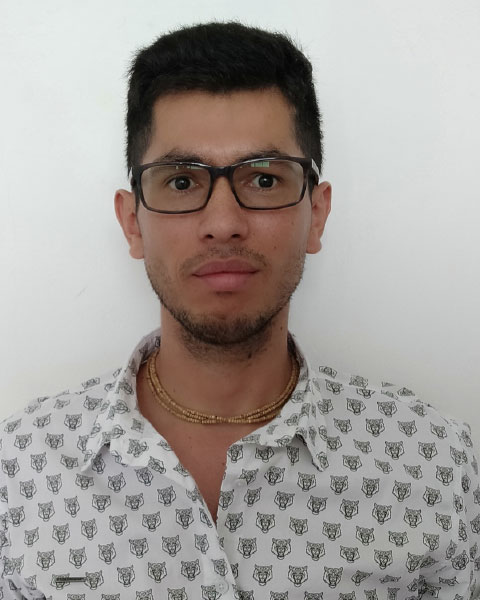
Juan Diego Morales – Professor at Universidad de Cartagena (Colombia)
Project Title: Religious Diversity and Objectivity: An Ecological Approach
Abstract: “My project explores the hypothesis that an active, embodied, extended, ecological, multiple, and essentially limited account of experience and knowledge could give us a satisfactory understanding of both the diverse and veridical character of different religious traditions.”
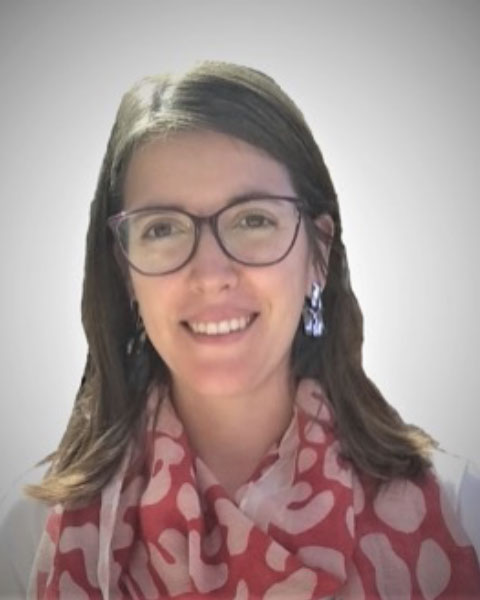
María Teresa Gargiulo de Vázquez – Researcher at CONICET (Argentina)
Project Title: The Epistemic Limits of Psycho-Clinical Models of Spirituality
Abstract: “My project identifies in psycho-clinical research–-which seeks to measure spiritual practices in terms of efficiency–-ontological, epistemic, and methodological reductionisms and points out their obstacles and limits. Reductionism is understood as the process of simplification and operability that requires the same experimental design adopted in psycho-clinical research. My project not only explains the scope of this reductionism but also suggests new variables or modalities that could strengthen such research.”
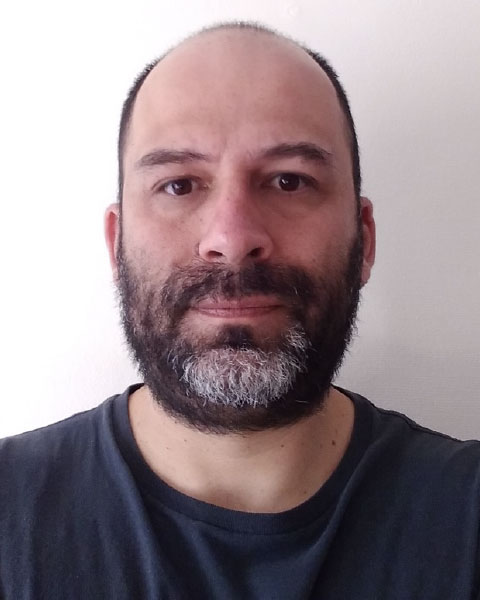
Sebastián Briceño – Professor at Universidad de Santiago de Chile (Chile)
Project Title: A Critical Assessment of the Cosmological Argument
Abstract: “My project offers a critical assessment of the Cosmological Argument (CA) through the examination of one of its main premises, the Principle of Sufficient Reason (PSR). I reject a well-known reductio against the PSR, arguing that it begs the question against the necessitarian. And I reject a weak understanding of the PSR, arguing that it is committed to objectionable arbitrary facts. Instead, I argue for a strong understanding of the PSR and explore the staggering consequences that this seems to have for the CA.”
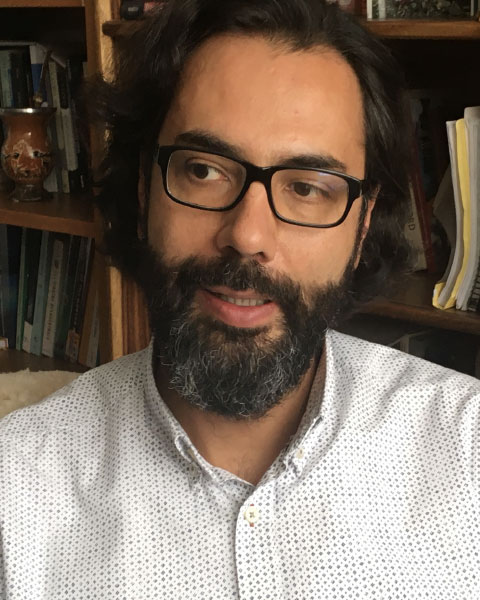
Carlos Miguel Gómez –Professor at Universidad del Rosario (Colombia)
Project Title: Metaphysical Anti-Realism and Theism
Abstract: “My project aims at (a) clarifying the implications of anti-realism for theism, and (b) delineating a form in which the anti-realist challenge can be overcome, integrating epistemological pluralism into a version of theistic realism able to account for the historicity of knowledge and the active participation of human knowers.”
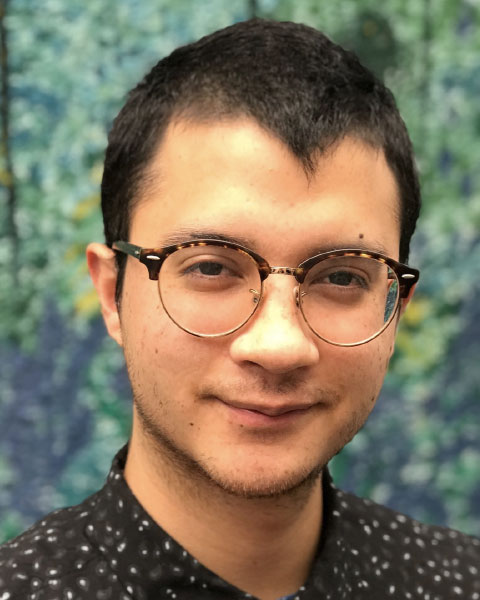
Miguel Romero – Professor at Universidad Sergio Arboleda (Colombia)
Project Title: Eternal Truths and First Principles
Abstract: “My project’s principal aim is both to sustain that the first principles co-exist necessarily in the divine nature, and that they are freely concreated in the created nature, quoad se. Consequently, I argue that their nondemostrative necessary evidence, quoad nos, is a free act of the goodness of God.

Christián Carlos Carman – Researcher at CONICET (Argentina)
Project Title: Scientific Realism and Design Arguments
Abstract: “Traditionally, the existence of God has been argued philosophically. Elliott Sober, however, argues that the strongest way to reconstruct design arguments is by assuming that God is a theoretical entity similar to those postulated by scientific theories. Adding to Sober’s position, I want to show in this project that the Scientific Realism debate challenges this particular strategy even further.”
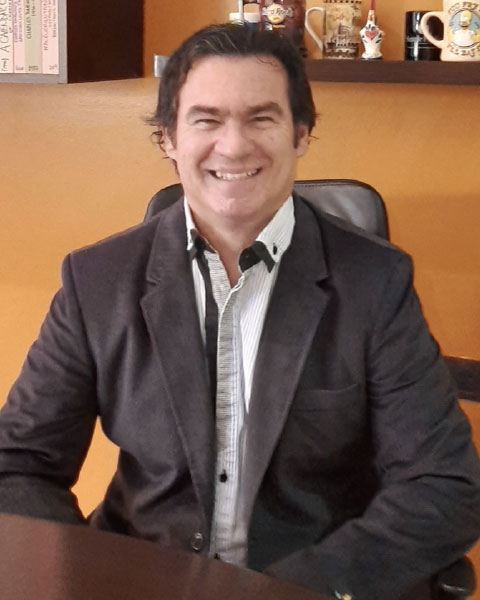
Daniel Blanco – Professor at Universidad Nacional del Litoral (Argentina)
Project Title: Early Modern Scientific Hermeneutics
Abstract: “The debate on scientific realism is a meaningful controversy from analytical philosophy that has been often partially overlooked by those involved in the science and religion dialogue. This is especially so when one recognizes approaches that hint to a criterion for evaluation of beliefs that ends in accommodative perspectives. I analyze how realism affects Biblical exegesis and the epistemology of religion, taking into account the two letters written by G. Galilei on this topic and the ‘ Treatise on Holy Scripture and the Motion of the Earth’, attributed to G. Rheticus.”
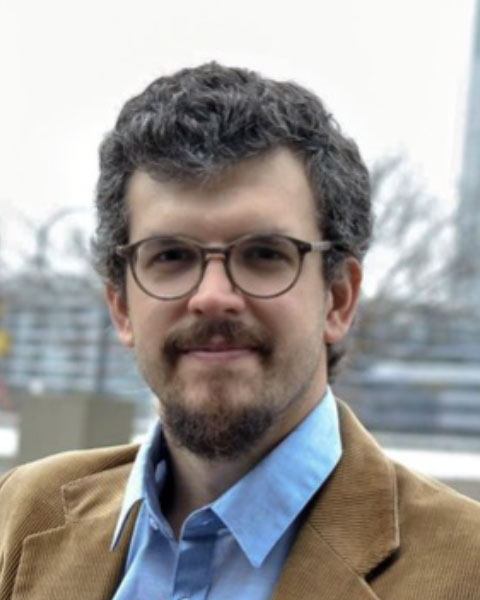
Martin Grassi – Professor at Universidad Católica Argentina (Argentina)
Project Title: Towards a Liturgical Epistemology of Religion
Abstract: “A liturgical epistemology of religion aims at showing that the believer addresses God in personal terms by means of traditionally defined practices of worship that bear witness to His Trinitarian Lordship over history. Hence, a theologico-political dimension of Christian Theology is found in the bodily and communitarian practices of liturgy, which set the terms for the understanding of God and the sacred.”
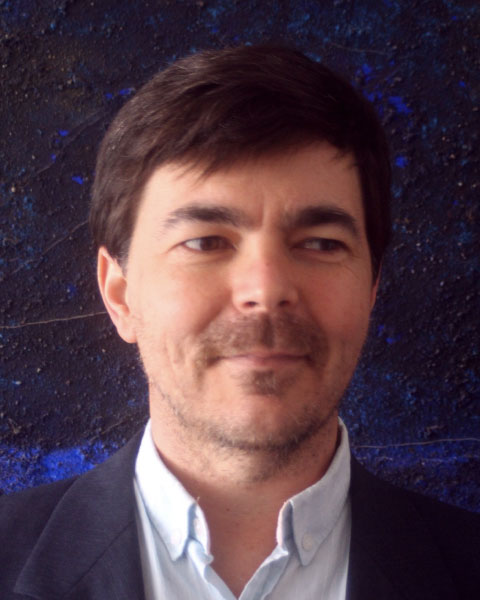
Rogerio P. Severo – Professor at Universidade Federal do Rio Grande do Sul (Brazil)
Project Title: A Taxonomy of Religious Experiences
Abstract: “Religious experiences are complex phenomena that come in many varieties. My research aims at identifying and classifying some of the most prominent kinds. It’s main goal is to outline a taxonomy of religious experiences.”
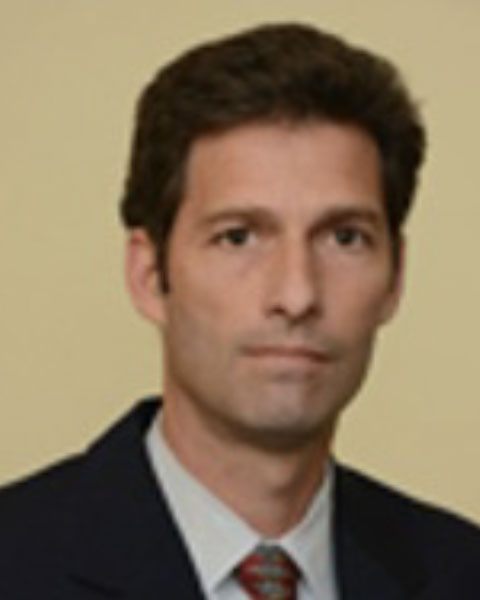
Mariano Asla – Professor at Universidad Austral (Argentina)
Project Title: Debunking the Evolutionary Debunking of Religion
Abstract: “According to Guy Kahane’s scheme, debunking arguments (DA) have a very simple structure: 1) a causal premise, “S’s belief that p is explained by X”; 2) an epistemic premise, “X is an off-track process”; and 3) the conclusion: “Therefore S’s belief that p is unjustified”. In the context of the debate for the existence of God, most critics of DA soundly focus their attention on the epistemic premise, but miss the point of the causal premise. My project discusses the relevance of the causal premise by introducing the principle of symmetry of explanation, from David Bloor’s Strong Sociological Programme, to argue that Evolutionary DAs do not support the conclusion that a belief is unjustified.”
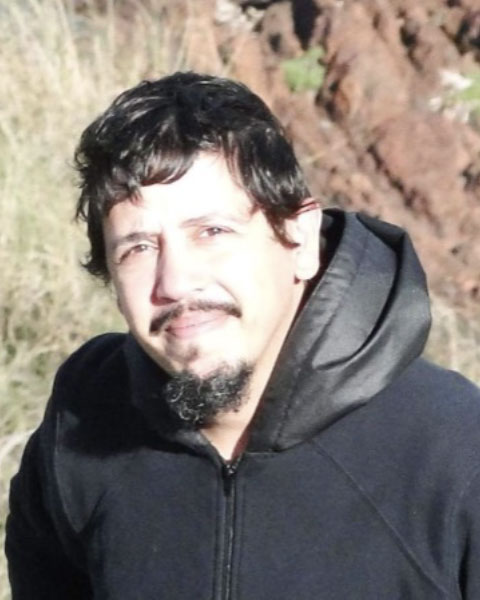
Gustavo Leal Toledo – Professor at Universidade Federal de São João Del Rei (Brazil)
Project Title: A Criticism of Swinburne’s use of Philosophy of Mind
Abstract: “My project studies the arguments in favor of God’s existence made by Swinburne and analyzes them in light of contemporary philosophy of biology, philosophy of science, and, especially, philosophy of mind. In addition to assessing whether Swinburne’s philosophy of mind is capable of responding to contemporary critiques, my project will also discuss how the use of personal explanations, by Swinburne and many philosophers of religion, should be understood.”
Early Career Participants
(Post-Docs and PhD Students)
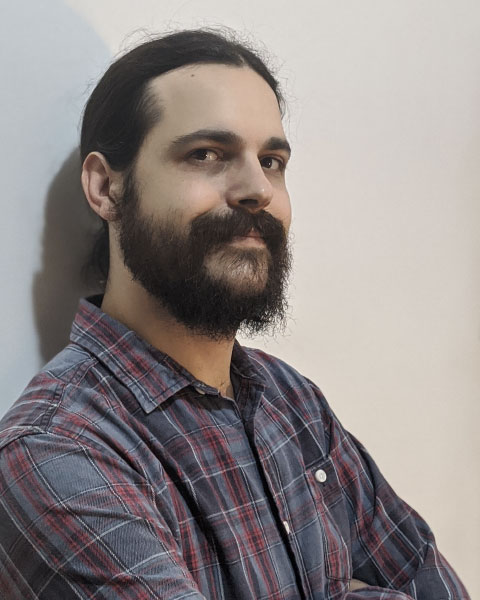
Pablo Alvarez Imaz – Ph.D. student at Universidad Católica Argentina (Argentina).
Project Title: Artificial Intelligence and Religious Beliefs
Abstract: “Modern algorithmic AI systems have increasing influence over the way we shop, the way we read the news, and even the way we vote. My project focuses on how these systems influence the development of our religious beliefs as well and the way we establish the likelihood of their acceptance or rejection.”
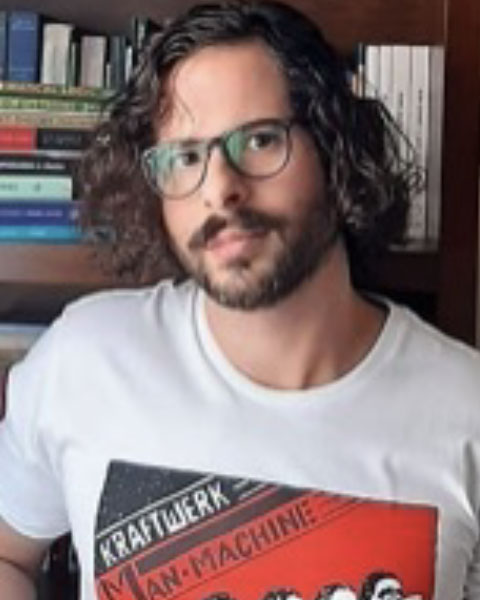
Rodrigo Barros – Ph.D. student at Universidade Federal de Minas Gerais (Brazil)
Project Title: Gödelian Arguments Against Physicalism
Abstract: “Gödelian Arguments conclude that human minds cannot be simulated by digital computers. That all physical things can be so simulated in principle is a consequence of frequently invoked versions of both pancomputationalism and Church-Turing thesis. Therefore: if some formulated (or formulable) Gödelian Argument is (or can be) cogent and one of these frequently invoked versions true, physicalism is false – i.e., there are immaterial entities. The aim of this project is to critically evaluate the antecedent of this conclusion.”
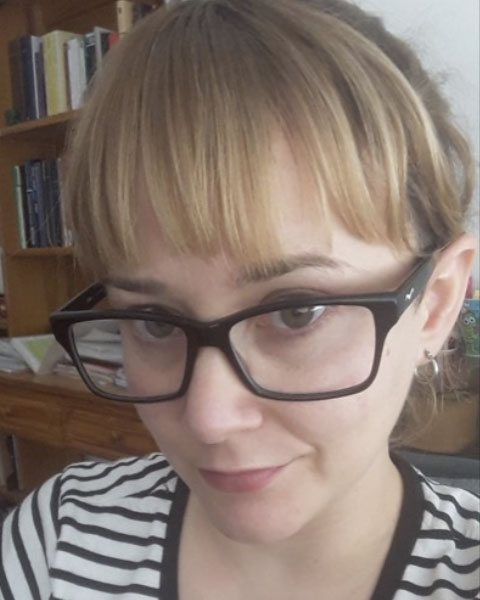
Maria Ayelen Sanchez – Ph.D. student at Universidad Nacional del Sur (Argentina)
Project Title: The Epistemic Value of Religious Beliefs
Abstract: “My research addresses the epistemic value of religious beliefs within the theoretical framework of Virtue Epistemology. The main goal of my project is to analyze the epistemic norms and values which should be involved in the evaluation of religious beliefs.”
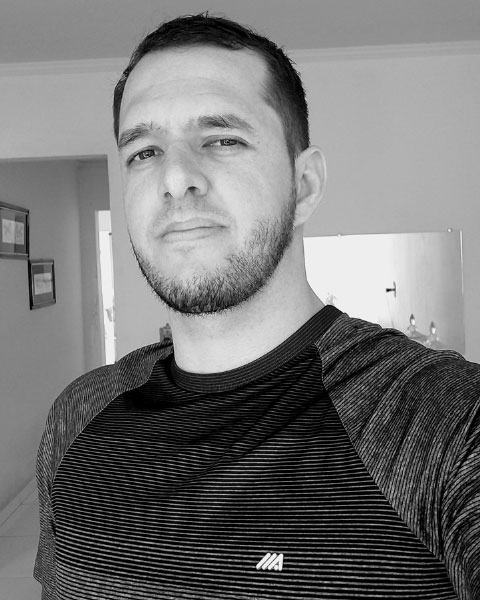
Juliomar Marques Silva – Ph.D student at Universidade Federal da Bahia (Brazil)
Project Title: Epistemic Humility and Disagreement
Abstract: “My project argues that intellectual humility is an essential virtue in scenarios of peer disagreement. One of my goals is investigating this argument and this notion of intellectual humility, especially in the classic dispute between theists and atheists about god’s existence.”
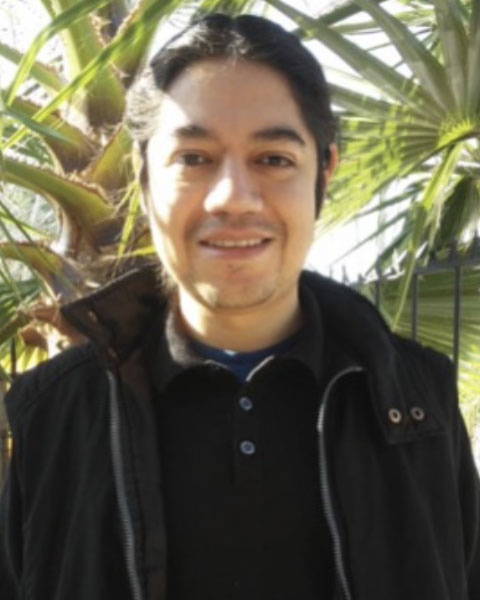
José Garcia – Ph.D student at Pontificia Universidad Católica de Chile (Chile)
Project Title: The Dynamic Logic of Religious Conversions
Abstract: “My project develops a logic for reasoning about religious conversions. From a logical point of view, religious conversion is a dynamical process in which an agent updates its own collection of religious beliefs. This process is dynamical in the sense that agent’s belief states change through time. This phenomenon is not reduced to an agent’s particular action, but it consists in a composition of actions performed by an agent inserted in an environment. In this sense, not only is the agent’s knowledge relevant, but the knowledge of other agents in the environment as well.”
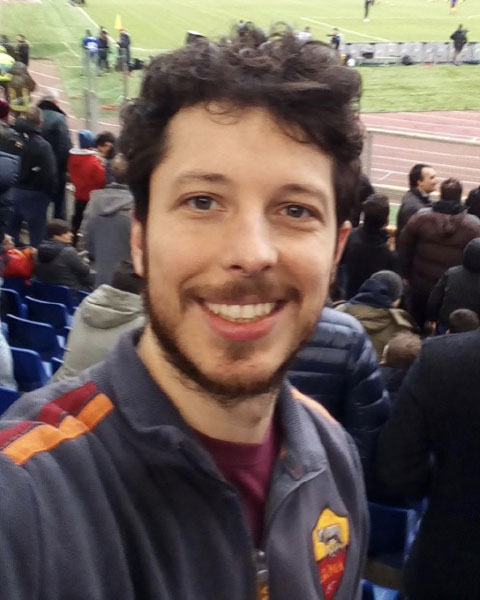
Pedro Merlussi –Post-Doc at UNICAMP (Brazil)
Project Title: CORNEA, Actuality Operators, and Counterfactuals
Abstract: “The general aim of my project is to investigate how some recent work on counterfactuals and the actuality operator might affect the plausibility of sceptical theism and, more specifically, Stephen Wykstra’s CORNEA principle.”
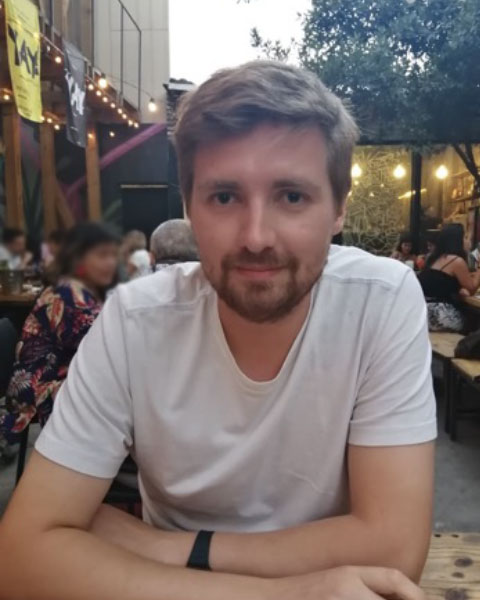
Jack Warman – Post-doc at Universidad de La Frontera in Temuco (Chile)
Project Title: The Epistemic Significance of the Believer’s Relationship with God
Abstract: “I am interested in the epistemic significance of the believer’s relationship with God. Philosophers have long recognized that close personal relationships involve a kind of partiality, and recent work in social epistemology has considered whether they involve a distinctly epistemic kind of partiality too. If they do, and if believers have a relationship with God, then it is reasonable to wonder what consequences this has for believers who have a relationship with God. This may help to explain how believers can reasonably come to hold different beliefs about the nature of God than nonbelievers.”
Junior Participants
(MA Students)
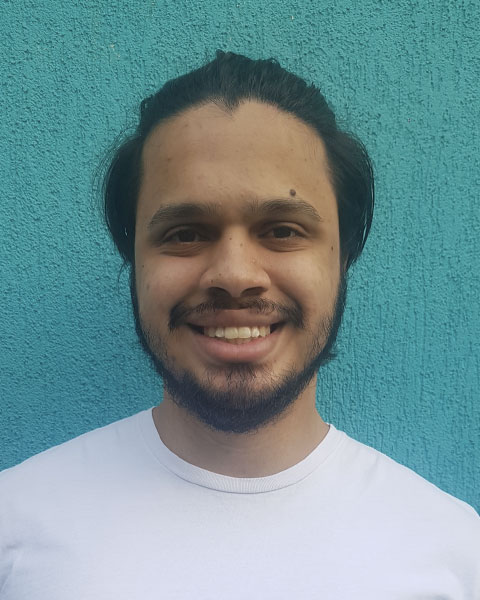
Gabriel Reis – MA student at the Federal University of Rio de Janeiro (Brazil)
Project Title: “Skeptical Theism”
Abstract: “My project presents three versions of the problem of evil, as formulated by William Rowe. It also analyzes the problem of evil in light of different versions of skeptical theism, as formulated by Stephen Wykstra, William P. Alston, Michael Bergmann, and John M. DePoe. The goal of the project is determining the extent to which skeptical theism succeeds.”
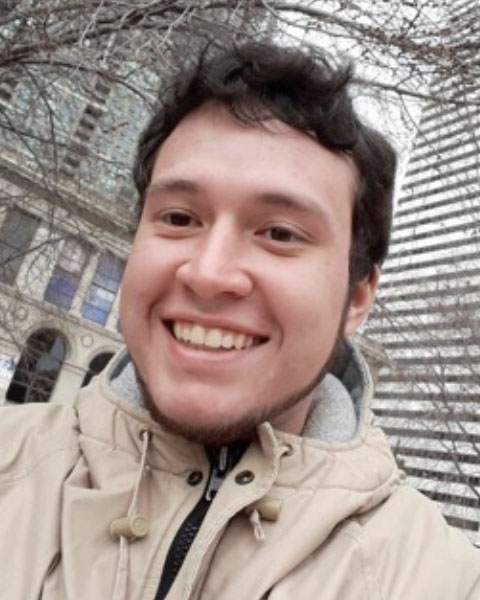
Davi Bastos – MA student at UNICAMP (Brazil)
Project Title: Can the Value of the Gospel Narrative Entail its Truth?
Abstract: “Alvin Plantinga has argued that the narrative of the Gospel has an unsurpassable value, and that only possible worlds that contain such a state of affairs are eligible for actualization by God. J. R. R. Tolkien has argued that the narrative of the Gospel has an supreme aesthetic value, such that it could not have been invented by a human mind. I argue that these arguments are very similar, and I plan to assess such arguments and provide stronger versions of them.”
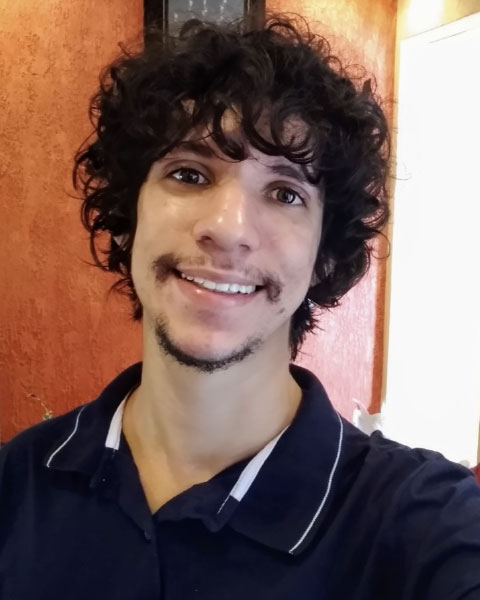
Gesiel Borges da Silva – MA student at UNICAMP (Brazil)
Project Title: “Faith, Inquiry, and Open-Mindedness”
Abstract: “The goal of this research project is to develop a model for the relation between faith, as characterized in Alvin Plantinga’s religious epistemology, and the epistemic traits/attitudes of inquiring (as described by Jane Friedman) and open-mindedness (according to some works of Jason Baehr and Wayne Riggs). Considering Plantinga’s religious epistemology, in which faith is knowledge of some religious truths, how could a religious believer be inquiring or cultivate open-mindedness regarding their religious commitment? My aim is to address this question.”

Verônica Maciel – MA student at Universidade de Brasília (Brazil)
Project Title: The Epistemology of Religious Emotions
Abstract: “Inquires emotions in epistemological terms, using Alston’s doxastic practice approach, inquiring the possibility to apply that practice to emotions to justify religious beliefs formed by emotional experiences. Also, investigating the concept of emotion and their relation with other mental states, while aiming to answer on the possibility to do an epistemology of emotion e how to apply that epistemology to the emotional religious experience.”
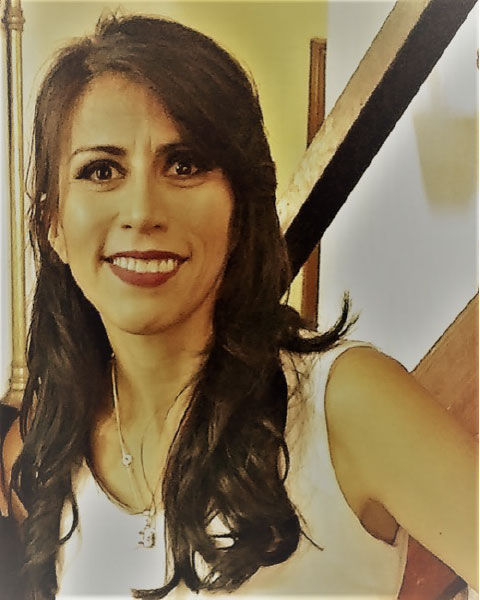
Lorena Oviedo – MA Student at Universidad Nacional Tres de Febrero (Argentina)
Project Title: Ethology and the Religious Beliefs of Animals
Abstract: “My research project approaches the question of belief from the work of the ethologist Frans de Waal. De Waal claims that all human access to animal Umwelt is limited due to the existing heterogeneity among species. His line of research sets the grounds for a philosophical analysis of animal morality and the evolutionary and genetic bases of belief therefrom.”